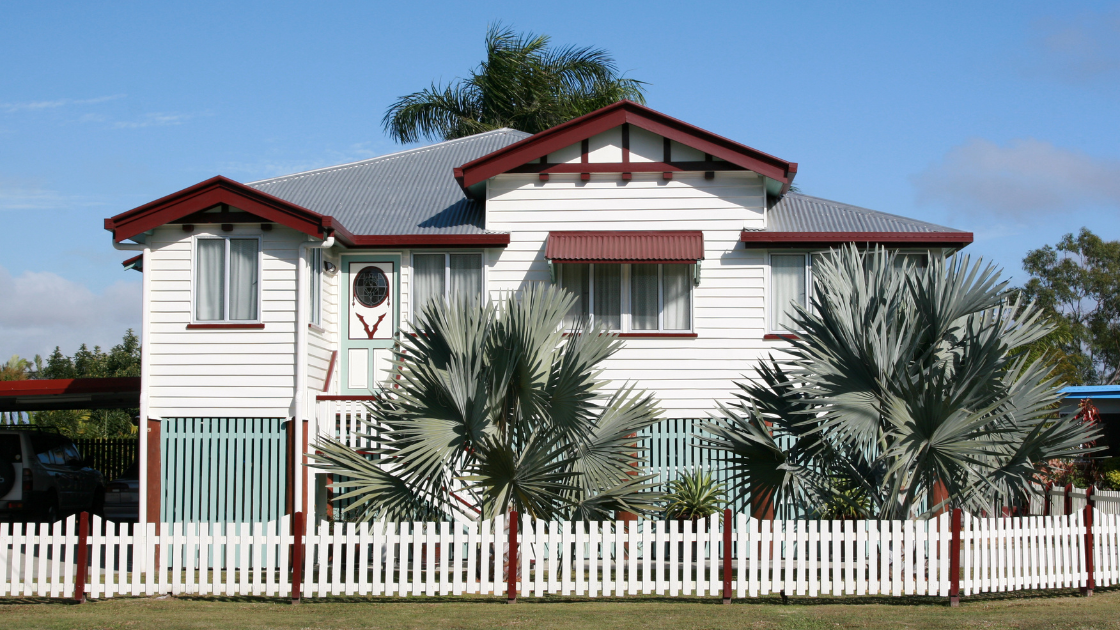Retirement Villages: Safe as Houses?
Retirement villages have come a long way over the last decade or two. You may be forgiven for thinking you’re entering a resort, rather than an over 55s village, with the grand swimming pools, tennis courts, gyms and other resort style facilities on offer. Very tempting indeed - however there are a number of factors you should consider carefully before entering into a retirement village contract.
Will you own or lease the property?
There are three main models on offer at retirement villages. Very common are leasehold villages, in which the interest held by the resident is secured by the lease, registered on title in the land registry. Both operations and maintenance of the village are the responsibility of the village operator.
The second most common model is the licenced village in which the resident has a licence to occupy the unit and the village operator is responsible for all ongoing maintenance and operational costs in running the village.
A much less common model is a freehold village which has a more complex structure. In addition to the village operator, a freehold village incorporates a body corporate, which gathers contributions from residents to carry out the maintenance of the units, and the village operator usually pays for the operation of the village.
Fees and charges
Residents will be charged a range of ongoing fees for the services and maintenance of the village, and likely, entry and exit fees. It is recommended that you are clear about what fees you will be responsible for as a resident of the village. Those looking at entering a village should ask for the prospective costs document which covers the estimated costs of moving into, living in, and leaving the village.
What happens if the property goes up in value?
Depending upon the contract type, some (but not all) residents may benefit from any capital gain on their unit. However, any gain is calculated taking into account reinstatement costs (the cost of “making good” the unit when you leave), selling costs and any other pre-prescribed charges outlined in the contract. Conversely a property loss may be borne by the resident under this type of contract.
Is the village a registered Aged Care Services Provider?
If you plan on residing in the property for the rest of your life, you should find out whether the property is a registered aged care service provider with the government. Some villages offer aged care services and personal services as well as different accommodation options as your needs increase. You should consider this carefully before investing, as your circumstances may change over time.
Other considerations
Other important questions to ask the village operator are whether it has a policy on visitors, e.g., can visitors stay over for extended periods? And are you allowed to own a pet? If these policies are not clearly outlined in the village by-laws, you should obtain any verbal agreements in writing to avoid a future dispute.
Need help with the fineprint?
We have only briefly covered some of the considerations you should take into account before entering into a retirement village contract. Bradley & Bray’s legal team will be happy to peruse your contract and guide you through the terminology and implications of entering into the contract.
You can reach our friendly team on (07) 5441-1400 or complete our online form.
This article is general in nature and does not constitute legal advice. If you require legal advice in relation to your personal circumstances, you must formally engage our firm, or another firm to provide legal advice in relation to your matter. Bradley & Bray lawyers takes no responsibility for any use of the information provided in this article.






